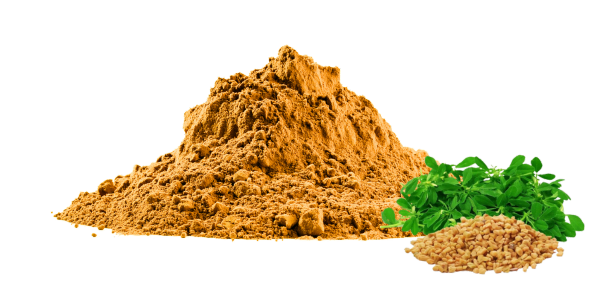Trigonella foenum-graecum, commonly known as Fenugreek, boasts a history deeply rooted in traditional medicine and is revered for its potential health benefits. The extract derived from its seeds offers insights into its time-honored uses and its contributions to modern wellness.
Trigonella Foenum-Graecum Extract, also recognized as Fenugreek Extract, has historically been used for its potential to support digestive health. Active compounds contribute to its reputation as a natural aid in promoting healthy digestion and alleviating occasional digestive discomfort.
The extract’s potential as a galactagogue is also noteworthy. Fenugreek has been utilized in traditional practices to potentially support breast milk production in lactating mothers.
Moreover, Trigonella Foenum-Graecum Extract is valued for its potential to support blood sugar management. It has been used in traditional practices to potentially help maintain healthy blood sugar levels. Fenugreek’s potential to promote overall wellness is another facet of its traditional and potential applications. Its historical use in traditional systems of medicine underscores its versatility.
Product Details
| Overview | |
|---|---|
| Product Name | Trigonella Foenum-Graecum Extract |
| Common Name | Fenugreek, Methi |
| Active Ingredient | Fenugreek |
| Source | Seeds |
| Form Factor | Powder |
| Shelf Life | 36 Months |
| Supply Ability | 5000Kg per week |
| Supplier | Arizone International LLP |
| Country of Origin | India |
| Delivery Time | Depends upon your location |

Boosts Immunity
Trigonella foenum-graecum extract’s antioxidants may offer immune-boosting effects, enhancing the body’s defense mechanisms.

Improves Digestion
The extract might aid in promoting healthy digestion, relieving digestive discomfort, and supporting gut health

Regulates Cholestrol
Research suggests that fenugreek extract might help regulate cholesterol levels, supporting cardiovascular health.

Skin and Hair Health
Trigonella Foenum-Graecum Extract might be used externally to promote healthy hair and skin.

Reduces Inflammation
It could possess anti-inflammatory properties, supporting the reduction of inflammation in the body.

Supports Breastfeeding
It is known to have potential benefits for lactating mothers, potentially aiding in milk production


